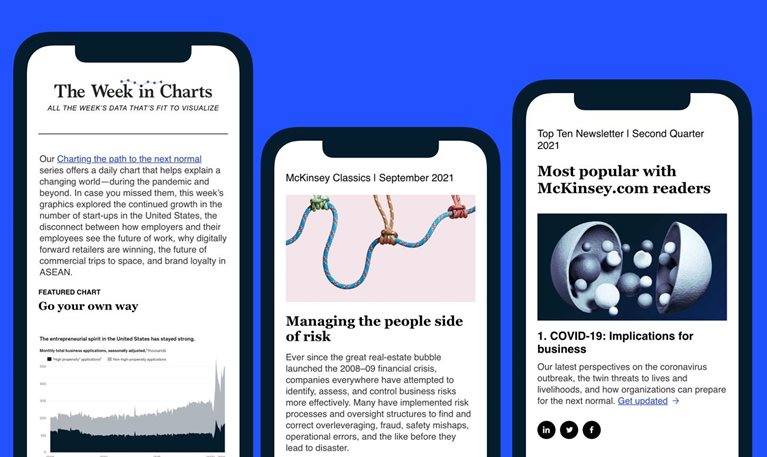
Forbes 30 under 30 Asia alumna Namya Mahajan (Mumbai, 2015-17), the visionary founder of India-based nonprofit Rocket Learning, is leading a transformative movement in early-childhood education. With a focus on underprivileged children, the edtech organization has already achieved remarkable success, ensuring that the 3.5 million children they work with across ten states in India are school-ready. By fostering a culture of action and innovation, it is poised to expand its reach to 30 million children.
What values did you have in mind when you were founding Rocket Learning?
The first was “impact first.” The reason we became a nonprofit is that we wanted to serve children, parents and daycare workers who would not be able to pay.
Second, we wanted to have a nonprofit startup with the same ethos as a for-profit startup: a bias for action, for experimenting, and for being agile in the way that we work.
The third was inspired by McKinsey. The obligation to dissent comes from the fact that it's the people closest to the data who usually have the best view of it, or the people closest to the problem.
We keep the people and the community that we're serving at the center of our innovation, so we get information directly from them to make decisions so that we’re not driven by our assumptions.
Besides the obligation to dissent, were there other McKinsey values that you took into consideration as you were starting?
Yeah, absolutely: for example, we aim to recruit and retain the best people. That’s been the centerpiece of our people strategy. Having the right people onboard drives both culture and performance.
You can end up focusing so much on the mission and the solution that you lose sight of the people who are actually making it come alive, so we really focus on having the right people across the organization.
We spend a lot of time recruiting, onboarding, and developing our people, which is something we don't see as much as we would like in the nonprofit space, partly because we are all resource-constrained.
What was your inspiration for starting Rocket Learning?
Global evidence shows that early-childhood education is one of the most important factors that determine a person's future, so it is a big and challenging problem to solve. Studies also show that early childhood education can even change children’s IQ. In early childhood, the brain is creating one million connections a second, which is a rate of growth that never gets replicated. I saw that there wasn't enough action happening on this – it was a white space. There wasn't enough innovation and action.
It really felt to me like it was necessary in the world. It was such a fundamental inequality that a child should be behind their peers even before they set foot in a school. That’s why I wanted to jump in and solve it.
Can you talk a little bit about the impact that Rocket Learning has had?
We work with about 3.5 million children now across ten states in India, and around 80% of our kids are reaching school readiness, as opposed to 50% of kids who are not in our program.
If a child enters school ready to learn, they're on a completely different trajectory. We're really excited to be able to move such a large percentage of children towards that. We have big ambitions – our mission is to work with 30 million children in the next five years.
What else would you like alumni to know about Rocket Learning?
As we continue to build out the technology, the team and the organization, we'd love to work with alumni who have built and looked at these types of organizations to get support on some of our key issues.
We're also working on AI models to personalize learning, so if there's anybody with expertise or interest, we'd love to be connected!

